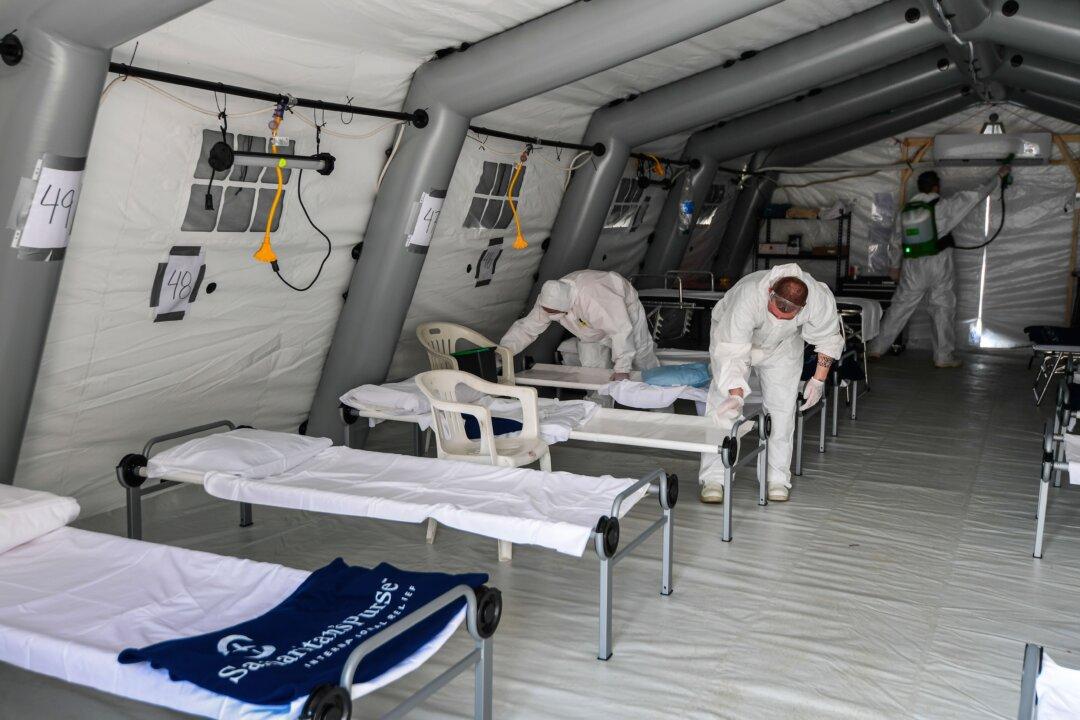Two companies plan on ramping up production of a drug usually used to treat malaria or arthritis after President Donald Trump praised it and another anti-malarial drug on Thursday.
The Food and Drug Administration chief told reporters that the agency will be doing a clinical trial on hydroxychloroquine, while University of Minnesota researchers recently launched a 1,500-person study to look at its efficacy against COVID-19, the disease caused by the CCP virus. The World Health Organization is also studying hydroxychloroquine and chloroquine, a closely related drug.





